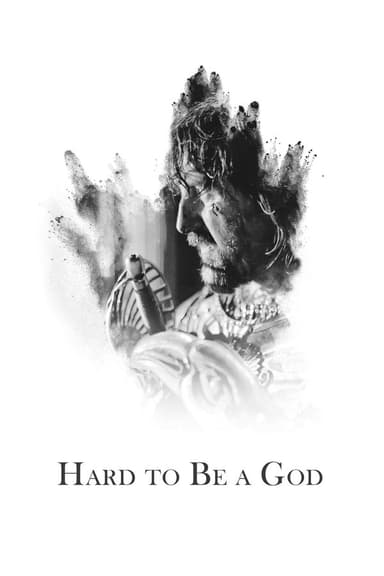
Stalker
1979 • Drama, Science Fiction • NR
Near a gray and unnamed city is the Zone, a place guarded by barbed wire and soldiers, and where the normal laws of physics are victim to frequent anomalies. A stalker guides two men into the Zone, specifically to an area in which deep-seated desires are granted.
Runtime: 2h 42m
Why you should read the novel
If you find yourself captivated by the mysterious world of Stalker, choosing to read 'Roadside Picnic' can enrich your understanding of the narrative's complexity. The novel delves deeper into the lives of the inhabitants surrounding the mysterious Zone, providing a broader social and psychological context often lost in cinematic adaptation. Through its thought-provoking prose and intricate character development, the Strugatsky brothers explore existential and ethical dilemmas, immersing you in a profound literary experience.
'Roadside Picnic' offers subtle world-building and a meticulous depiction of the Zone’s perilous anomalies, making the reading journey a tense yet intellectually rewarding one. The book’s structure allows you to explore different perspectives and motivations of the characters, not just the stalker, giving you a richer and more nuanced view of their reality. Its broader cast and dynamic setting make for a much more layered and intricate story compared to what a film can encompass.
Reading the novel also means engaging directly with its social satire and philosophical questions in a style that only literature can provide. The Strugatsky brothers’ narrative allows pauses for reflection, turning each passage into an opportunity to contemplate humanity, progress, and the unknown. Start reading 'Roadside Picnic' now to discover the intellectual depths and moral ambiguity that inspired the classic film.
Adaptation differences
While Stalker (1979) is thematically inspired by 'Roadside Picnic,' its plot and atmosphere diverge significantly from the novel. Tarkovsky’s film dramatically alters the storyline: instead of following the exploits of Redrick “Red” Schuhart, the book’s protagonist, the movie focuses on a nameless 'Stalker' guiding a Writer and a Professor into the Zone. The film reduces the science fiction elements from the source, replacing them with philosophical and metaphysical inquiries.
Another major difference lies in characterization and tone. In the novel, the stalker Red is depicted as a deeply flawed, desperate man navigating a corrupt world, with the narrative offering a wider scope, including scenes of his home life and criminal activities. The film, in contrast, strips down the protagonist’s background, avoiding personal details and instead transforming the stalker’s journey into an allegorical quest for meaning.
The Zone itself is presented in sharply different ways in each medium. In 'Roadside Picnic,' the Zone is filled with dangerous but concrete alien artifacts and traps, described with vivid, almost technical clarity. Conversely, the film’s Zone is surreal and ambiguous, portrayed as a shifting landscape where psychological and spiritual hazards replace the more literal threats of the book.
Lastly, the movie deviates from the novel’s social commentary. While 'Roadside Picnic' uses the aftermath of the alien visitation as a metaphor for Soviet society—critiquing bureaucracy, greed, and class—Tarkovsky’s adaptation leans into universal and existential themes, distancing itself from the more pointed satire of the book. Thus, while the film stands as a masterpiece in its own right, reading the novel reveals a very different, richer, and more multifaceted world.
Stalker inspired from
Roadside Picnic
by Arkady Strugatsky, Boris Strugatsky








